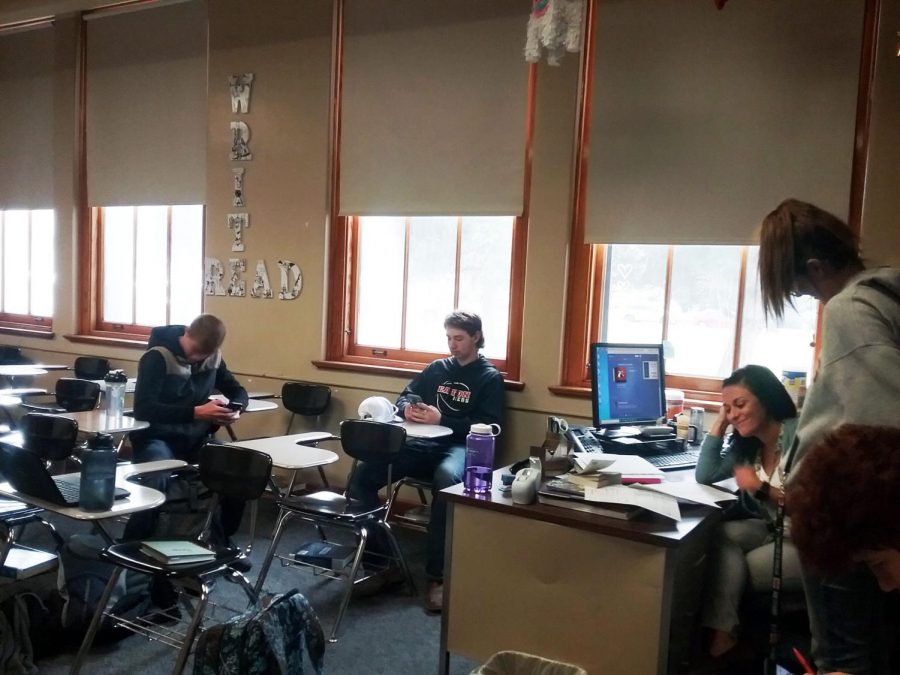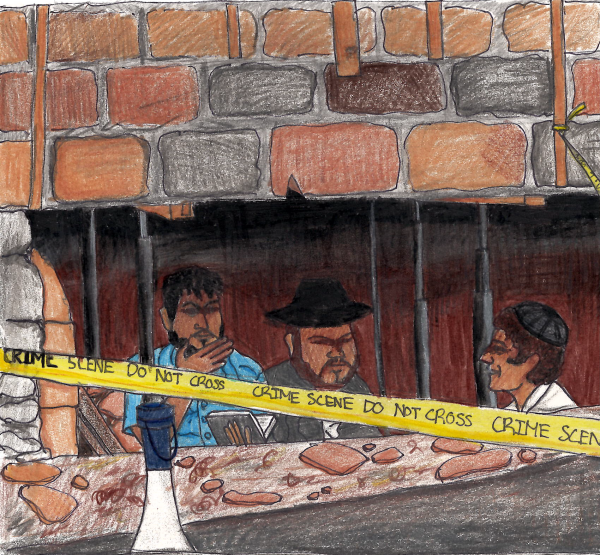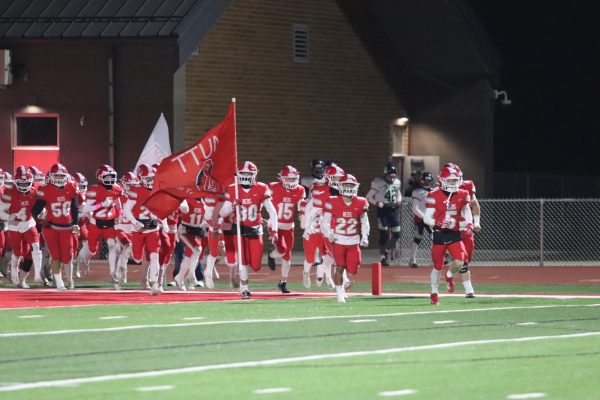Advising curriculum changes to adulting 101
Eaton High School changes advising into a more structured class
Eaton High School offers a required class to all students starting their freshman year to guide them through the game of life. In the past, this class had no true agenda. It was, to put it rather bluntly, simply a class for study halls and minor conversations on careers and grades. Now, a new curriculum has been set, and is geared towards tools and topics to prepare students for adult life. Teachers have been open and accepting of the new curriculum, but students have been having a hard time adapting to this new change.
Kelsey Hemenover, a freshman P.E teacher and a junior adviser, and Christina Contreras, sophomore, junior, and senior P.E teacher and a freshman adviser, collaborated last year to discuss their struggles with the advising curriculum, or the lack of it. They both agreed that there was no set curriculum, so every advising class was doing their own thing. Hemenover said, “I felt like we needed a little more structure, and Mrs. Contreras and I talked a few times after health classes that we just needed to address some of these health topics later on after freshman year.”
When freshman walk into high school, each is assigned a teacher who will be their adviser, or mentor, throughout their high school career. Within the first semester of freshman year, students will learn the Eaton acronym, and establish their own meaning of it. After graduating from Eaton 101, the advisers make the agenda for the class period and decide how they would like to spend class time.
Contreras and Hemenover said there was a disconnect after freshman year regarding life issues that would come up later on. The new curriculum covers a range of topics: mental health, healthy relationships, life outside of school, character development, educational tools that can be utilized to be successful in school, the Eaton acronym, interview and resume practice, and communication skills. Every week, students will acquire topics that are relatable to adults in the real world.
Collaboration and cohesiveness is what is going to drive the new curriculum. Contreras’s big, overall goal for the new curriculum is to gain structure and consistency. She said, “Our big goal is the collaboration. We are just really hoping to get our whole school on board. The goal is to have everyone talking about these issues and these topics as a school…” — Christina Contreras
Hemenover and Contreras have made everything user friendly, so all teachers can access documents, links, and more. If both the staff and students can get on board with the change, collaboration of the entire school will be achieved, said Contreras.
The high school has completed the first quarter of the semester, so the new curriculum is just underway. But, both Contreras and Hemenover said they have seen some major improvements so far. Hemenover has seen an immense change with the no traveling rule. Students are not allowed to leave their advising classroom during the period. Hemenover said, “I think it’s been really nice. I know some of my students hype me on it, but I think it’s been good… I’ve had communication with students that I probably wouldn’t have had in years past because they have to be in their class…That structure has been nice.” Personal conversations between the teacher and the student are occurring because they are spending more time as a class, Hemenover said. Contreras has also seen that, “Staff wise, they’ve been very grateful just to have a curriculum… A lot of them are really relieved to finally have something that’s helpful, in a user-friendly place… It’s been well received,” she said.
But as is oftentimes the case, change results in resistance. Students have been used to a lack of structure in their thirty-minute class period for advising, and are not appreciating the new rules. “I have juniors, and they continue to ask why do we have to do this. I think it’s because it’s something new,” Hemenover said. She believes that although students are protesting it now, once it becomes second nature, they will appreciate the curriculum. The new curriculum has been unveiled, but the benefit of being new is it is apt to change, Contreras said. The curriculum is created around events and topics from today, but as the years go on, new problems and issues will come up that need to be discussed. “It’s pretty broad, so I think there’s a lot of flexibility in the fact that we can make changes as needed in the future,” Hemenover said.
The new advising curriculum has been in the works since last year, and is now taking Eaton High School by storm. Because it is a new concept to both students and teachers, it will take a while for everyone in the school to accept the change, but, “In time, they’re going to get used to the fact that this is the new norm, and this is what the expectations are,” Hemenover said. Advising is now a class for students to learn about life in the real world after high school, and how to adapt to new experiences that come up. Contreras said, “Everyone hates change, so it’ll take a year to adjust and work out the kinks to get everyone on board.”














